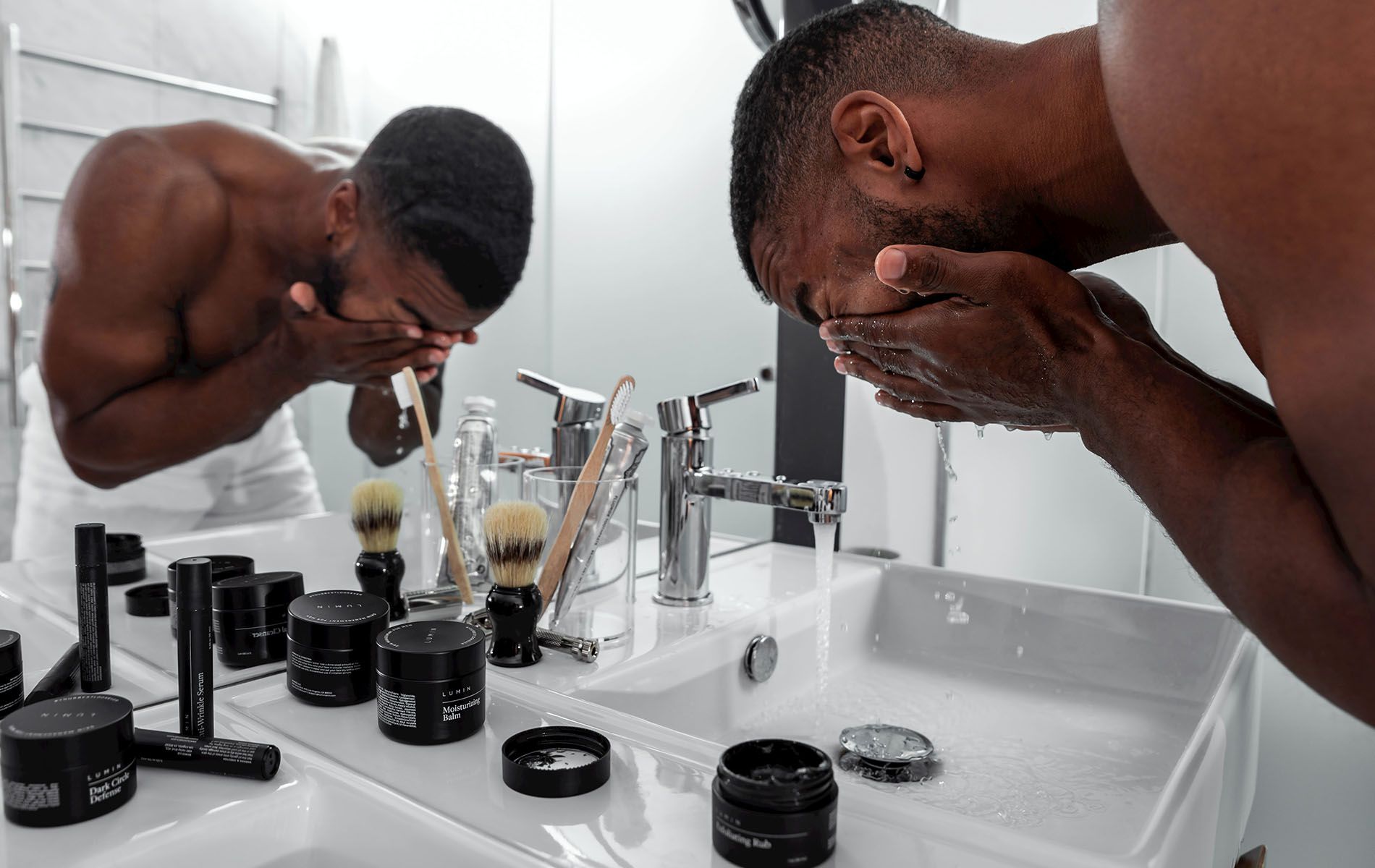Coping with Radiation Dermatitis: Real Tips That Help
What is Radiation Dermatitis?
Radiation dermatitis is a common side effect of radiation therapy. It develops when high-energy rays damage healthy skin cells in the treatment area, causing redness, dryness, peeling, and even blistering. For many patients, it’s more than just uncomfortable—it can impact daily life and emotional well-being.
Early Prevention Makes a Difference
Taking care of your skin from the start of radiation therapy can help reduce the severity of side effects. Begin a gentle skincare routine as soon as treatment begins. Keeping the skin clean, moisturized, and protected is your best defense against discomfort.
Create a Comfortable Cleansing Routine
Use a fragrance-free, non-soap cleanser and lukewarm water. Avoid washcloths or scrubbing tools that could irritate the skin. After cleansing, gently pat the area dry with a soft towel.
Keep Skin Moisturized
Moisturizing regularly helps protect and strengthen your skin barrier. Kureology M.D. specializes in skin care for sensitive and compromised skin, offering soothing formulations that support hydration without harmful additives. Apply moisturizer at least twice a day, and especially after bathing.
Reduce Friction and Irritation
Wear loose-fitting, breathable fabrics like cotton to minimize rubbing on sensitive areas. Avoid adhesives or tape directly on treated skin unless approved by your medical team. If dressings are needed, use non-stick, hypoallergenic options.
Be Careful in the Sun
Radiation-exposed skin becomes more photosensitive. Protect it with loose clothing and, when approved by your doctor, a mineral-based sunscreen with SPF 30 or higher. Stay in the shade whenever possible.
Know What to Avoid
Certain products and habits can worsen symptoms. Stay away from:
- Hot baths or showers
- Exfoliating scrubs or loofahs
- Alcohol-based toners or astringents
- Strong fragrances or essential oils
When to Call Your Provider
Watch for signs of worsening skin damage:
- Skin that becomes increasingly red, weepy, or painful
- Blistering or open wounds
- Signs of infection like pus or fever
If you’re concerned, contact your care provider right away for medical advice and possibly a change in treatment.
Relief and Support is Available
Managing radiation dermatitis isn’t something you have to figure out alone. Using gentle, effective products like those offered by Kureology M.D. can help soothe irritation, restore comfort, and protect your skin during this difficult season. Prioritize self-care, stay consistent with your routine, and reach out to your healthcare team when needed.





Share On: